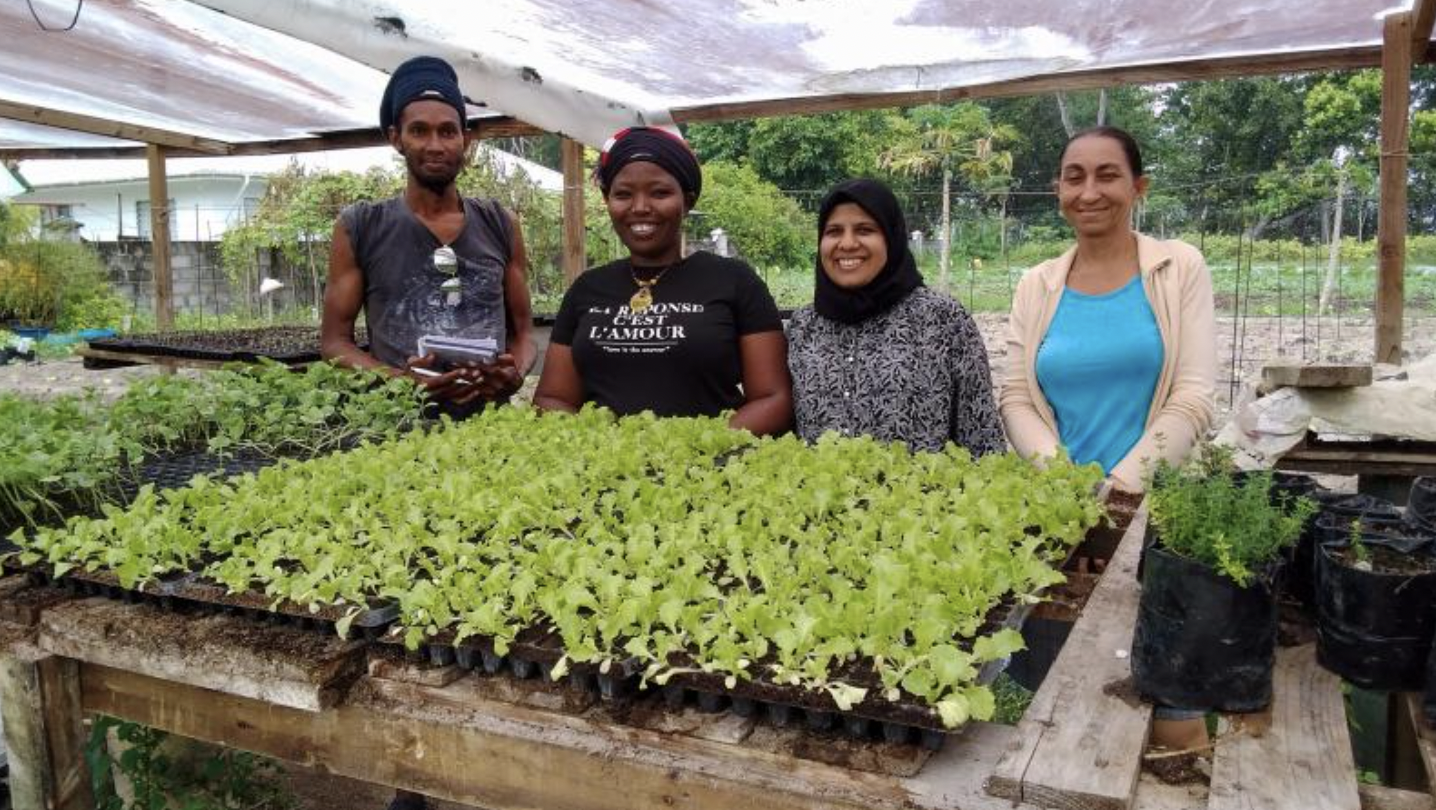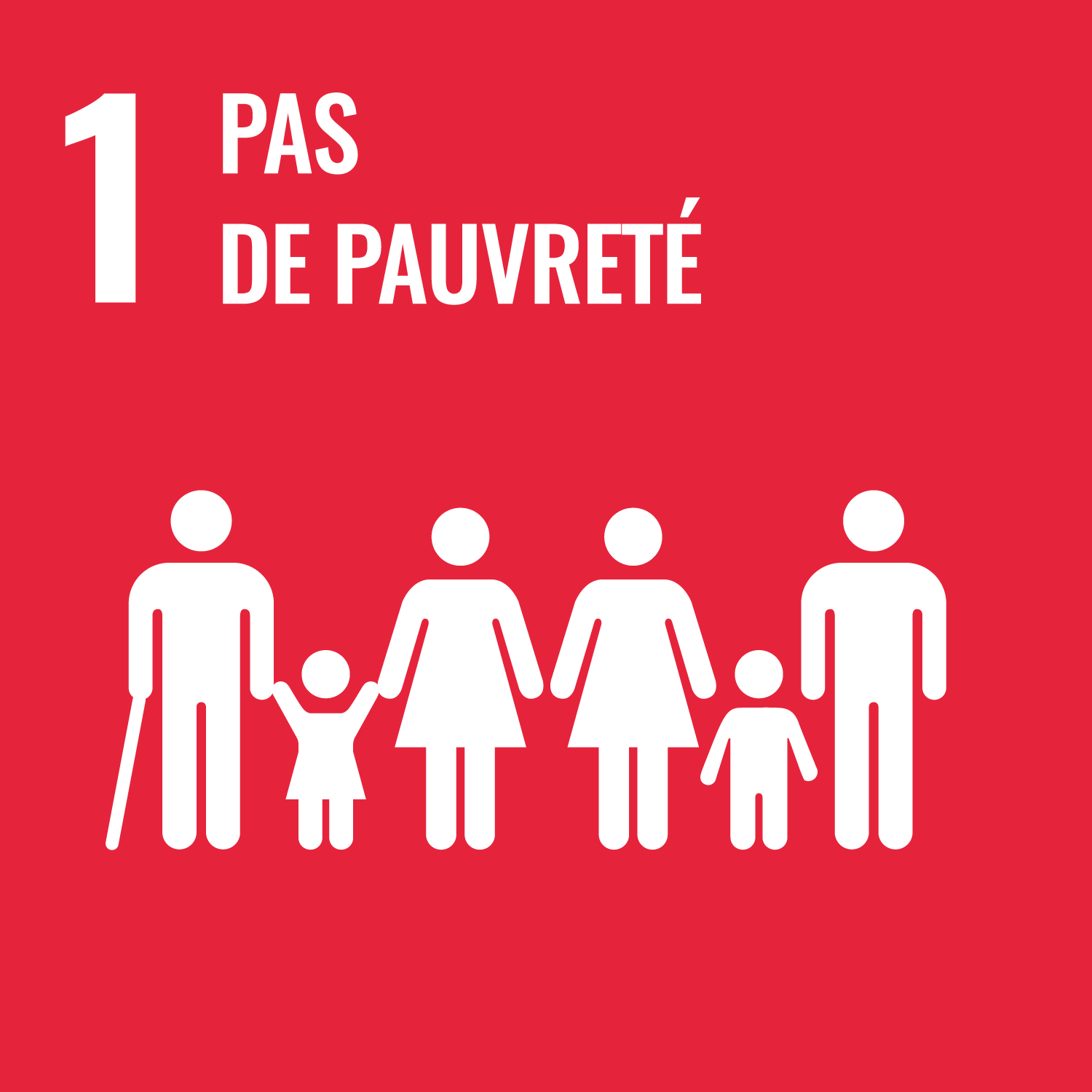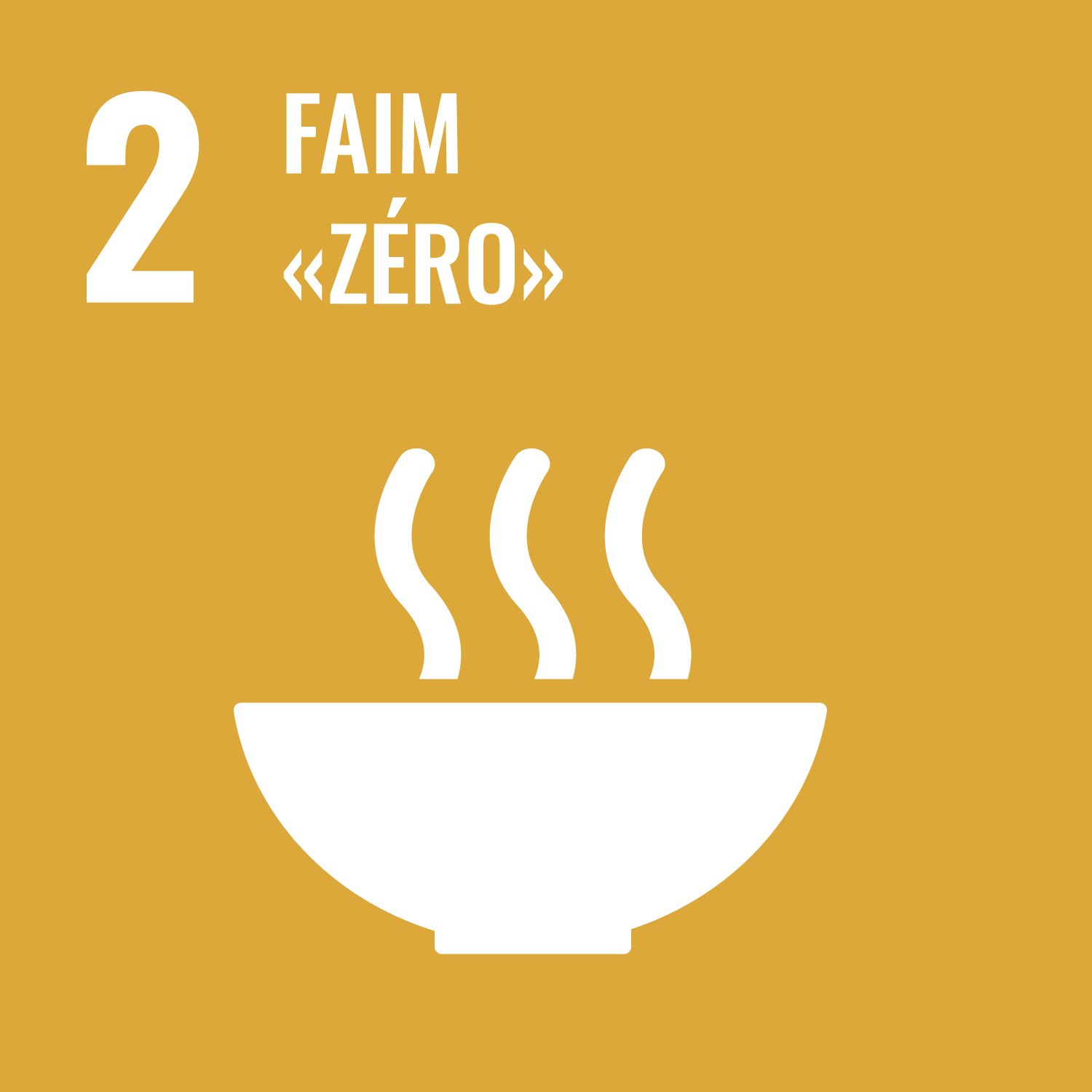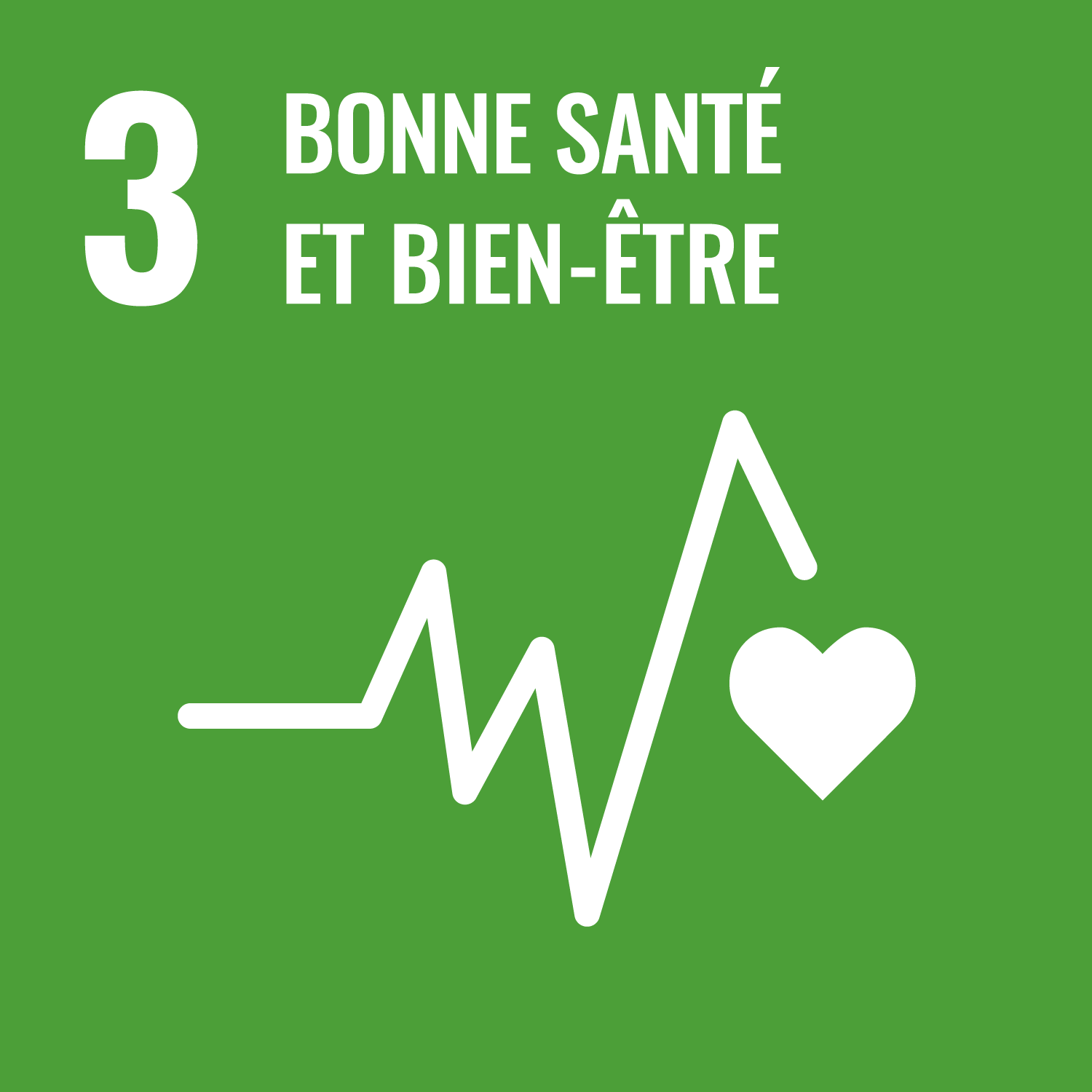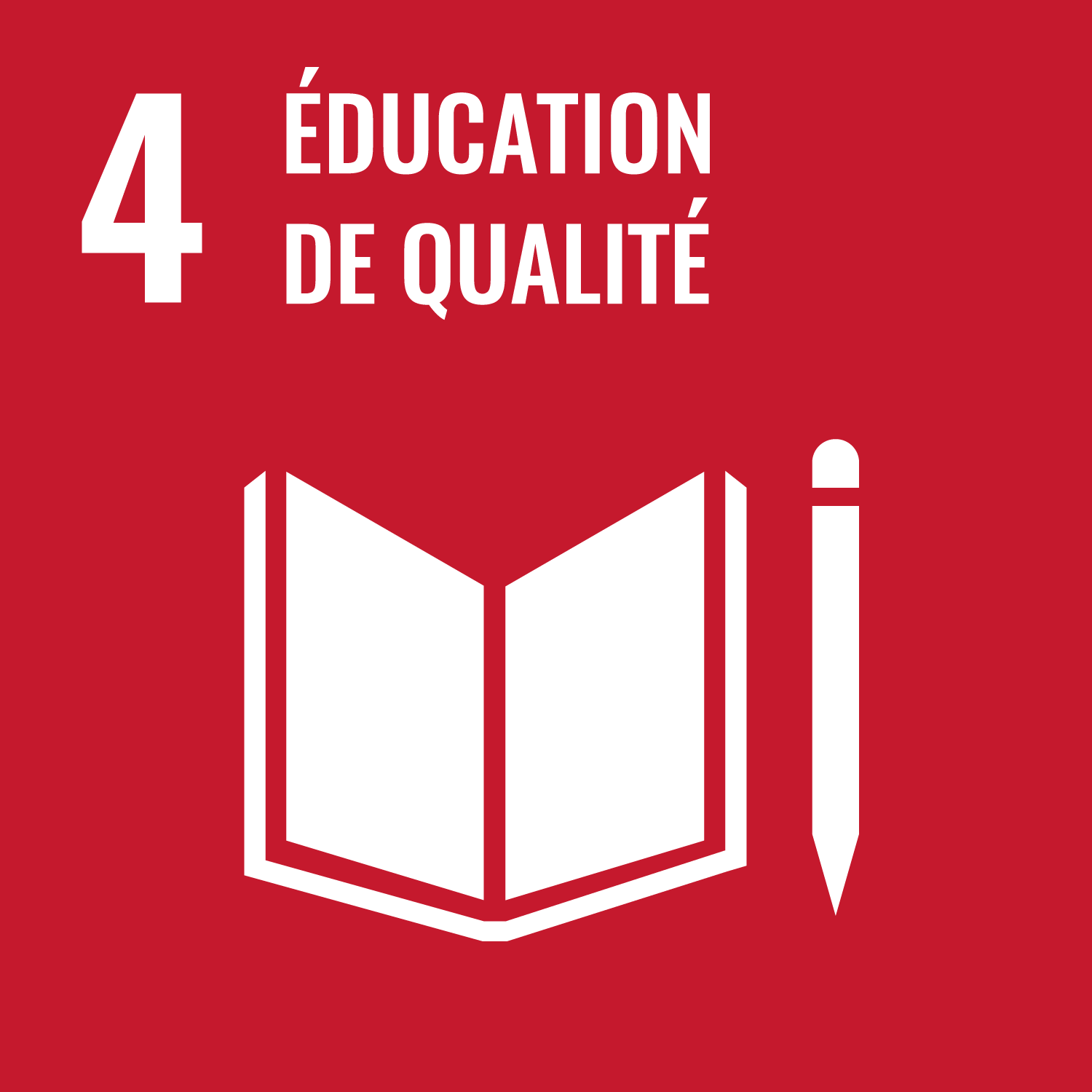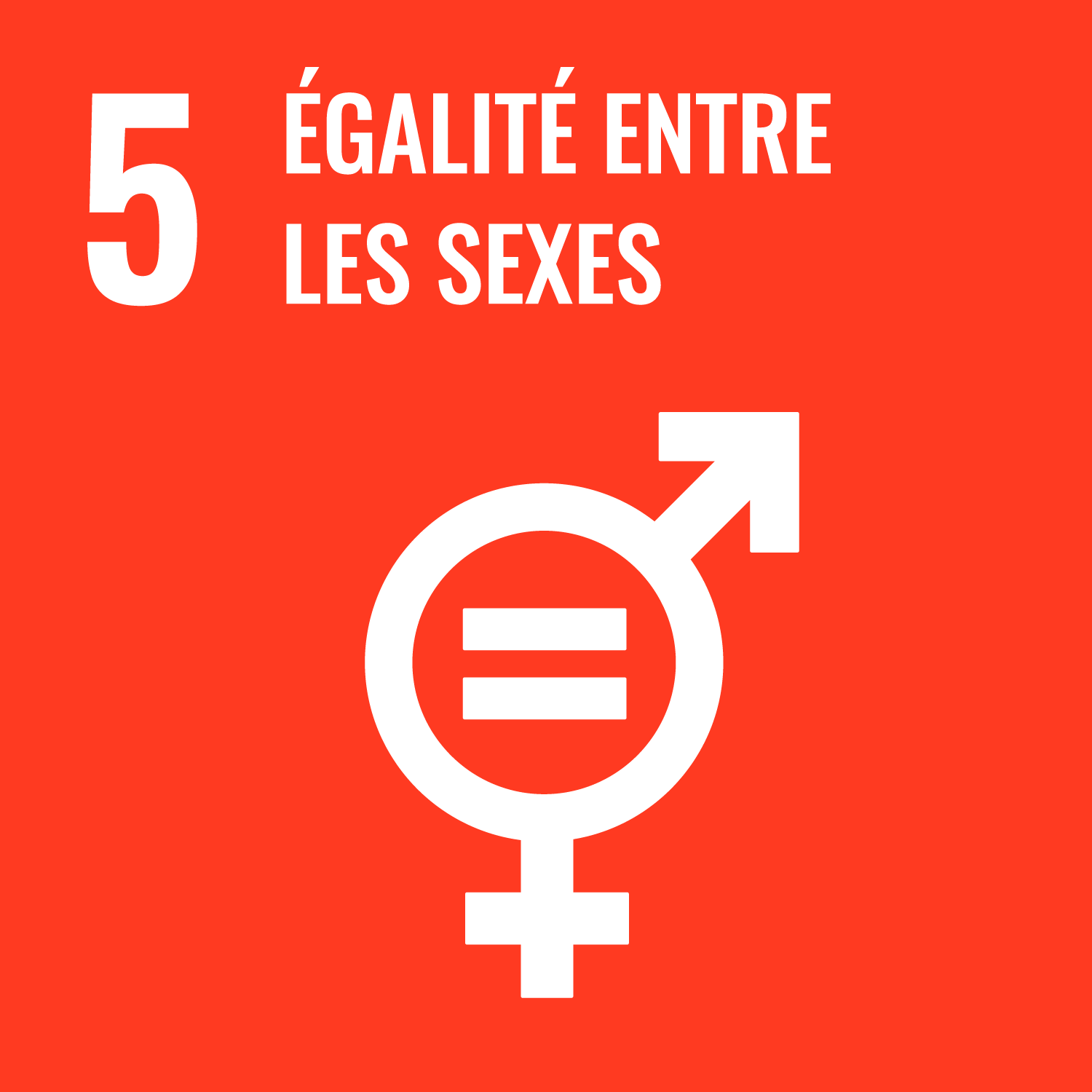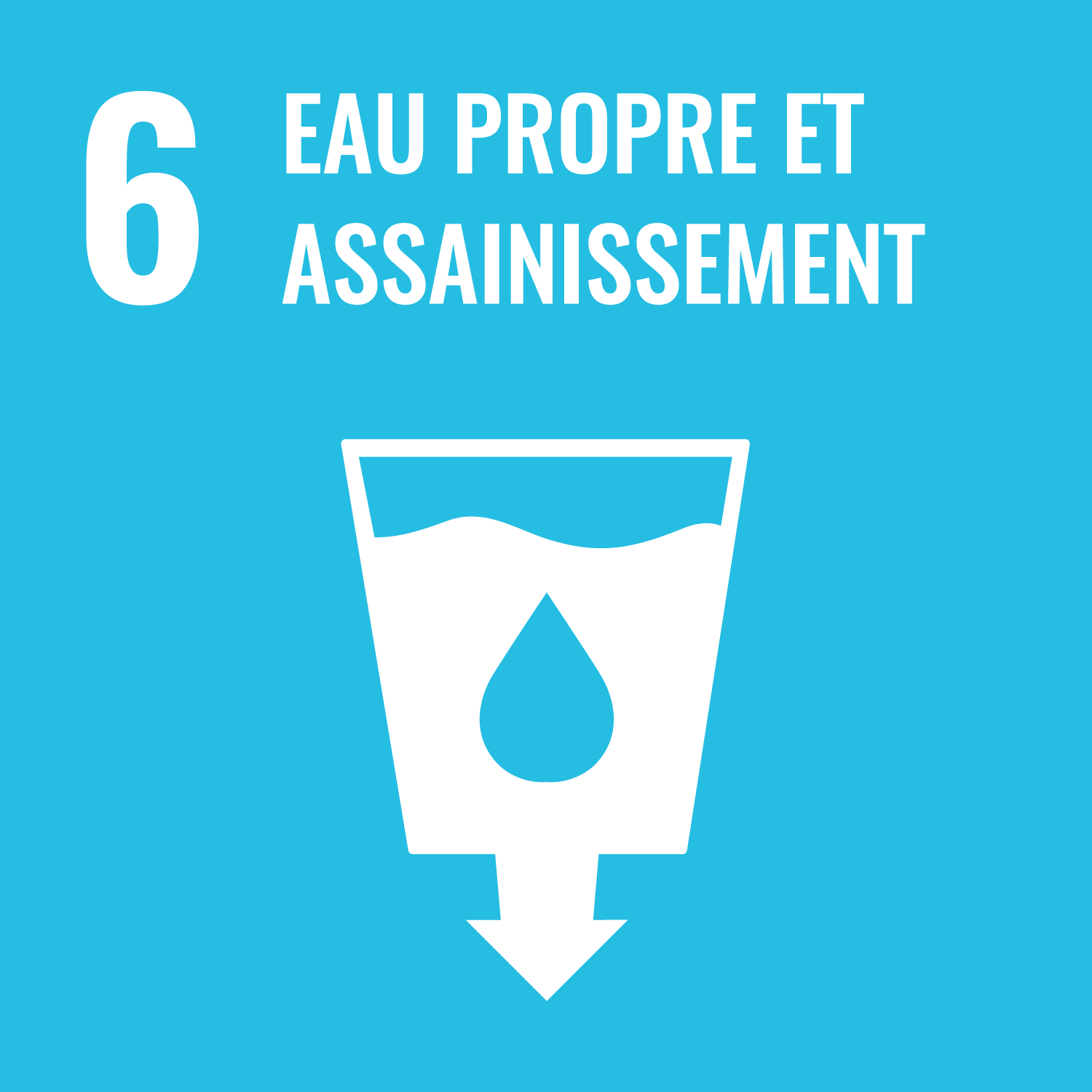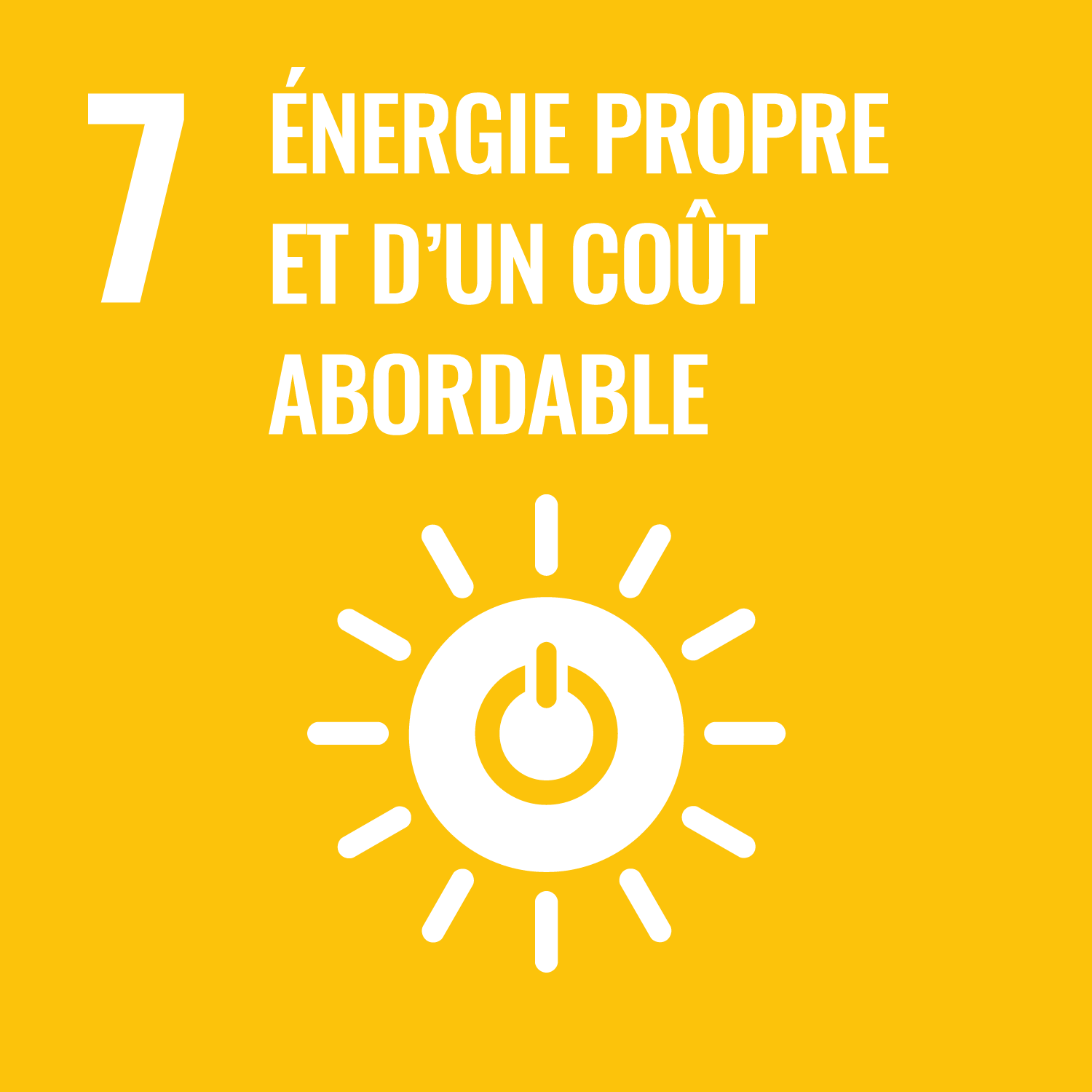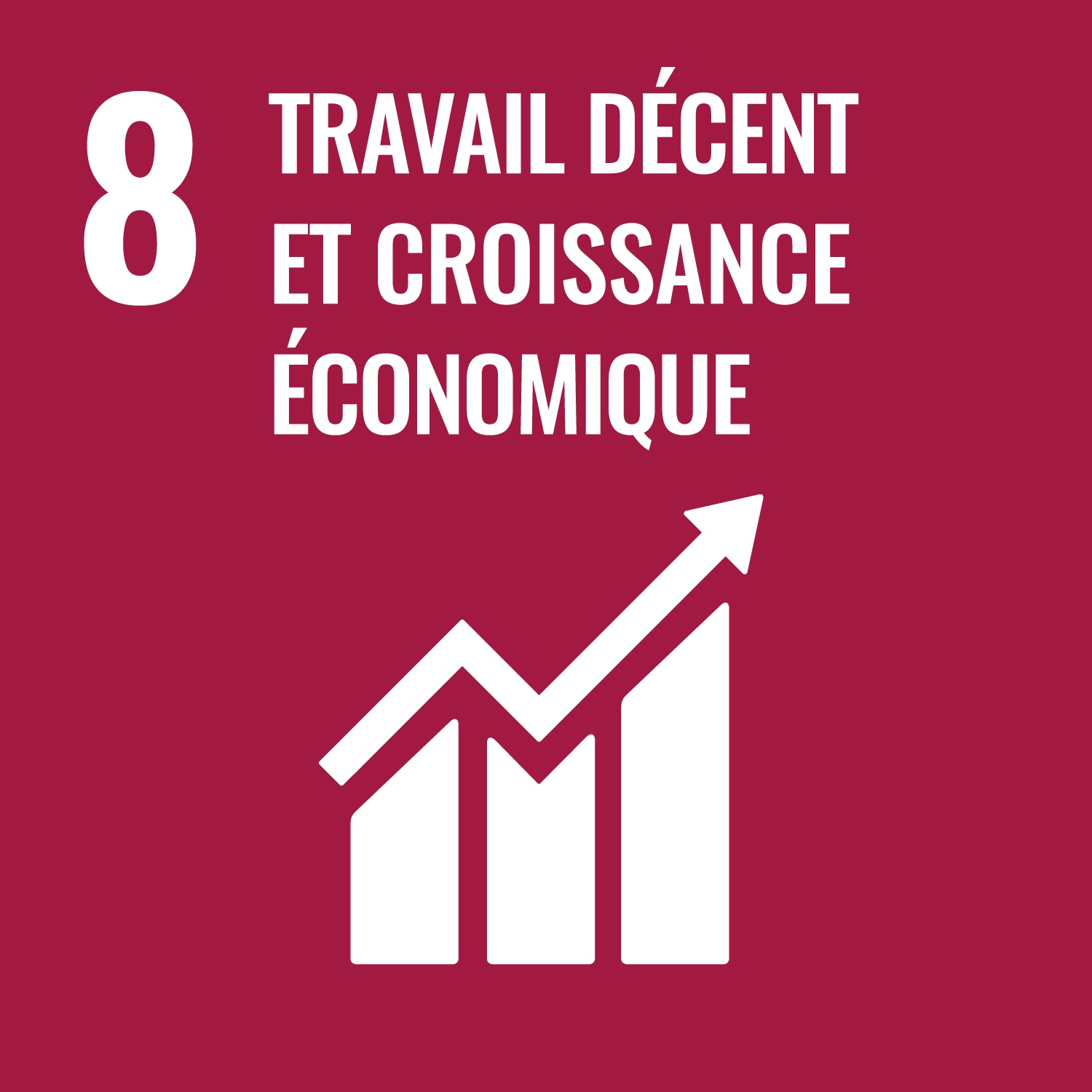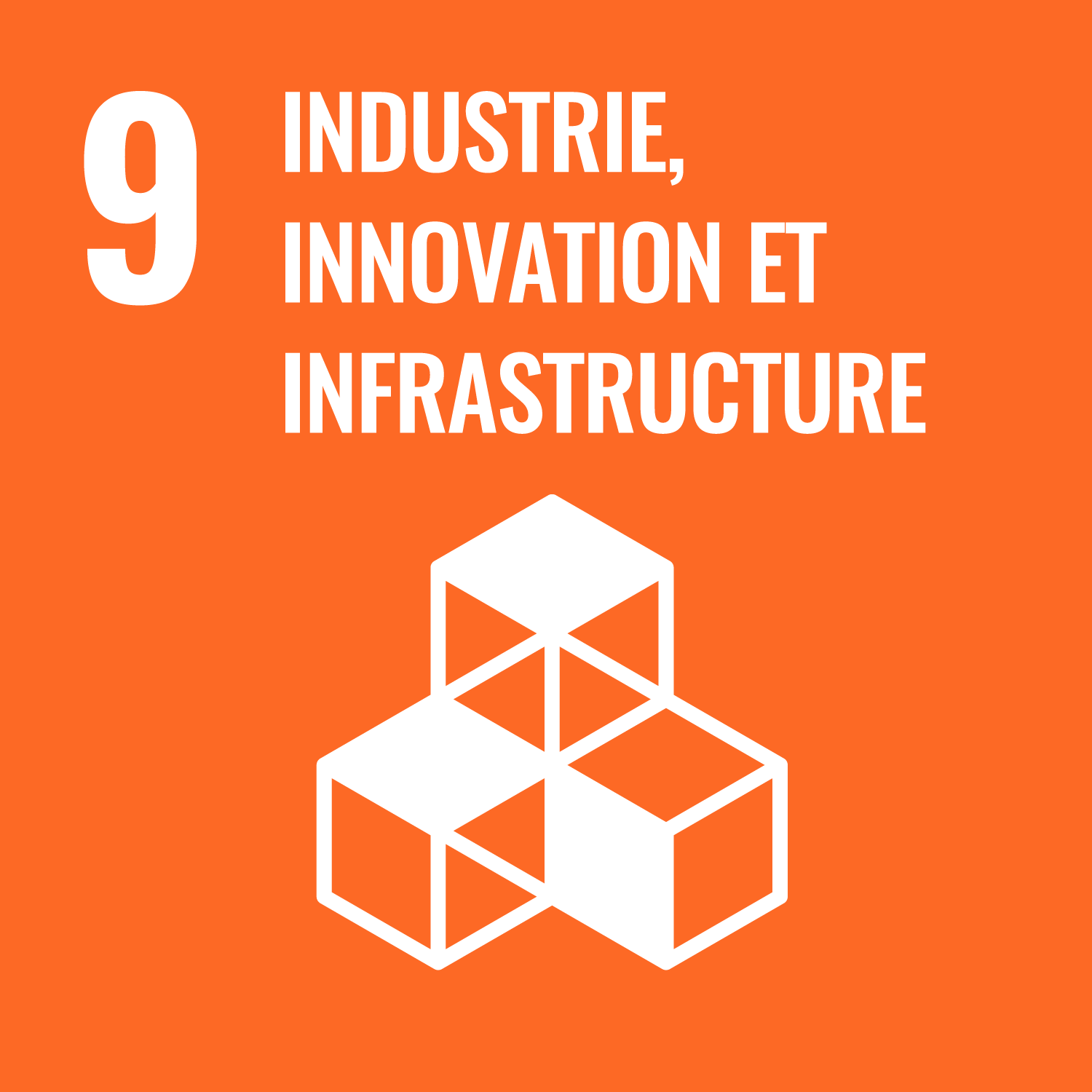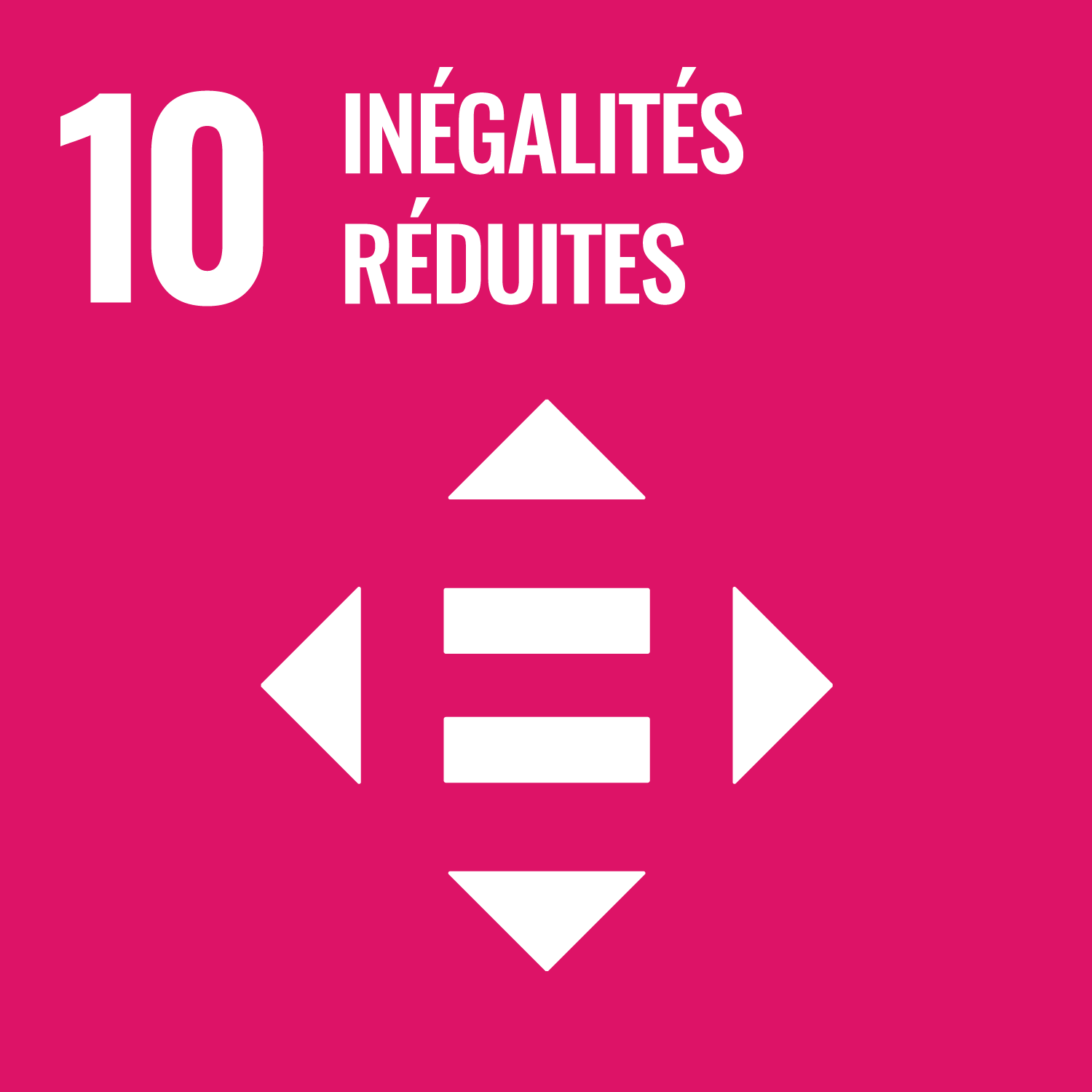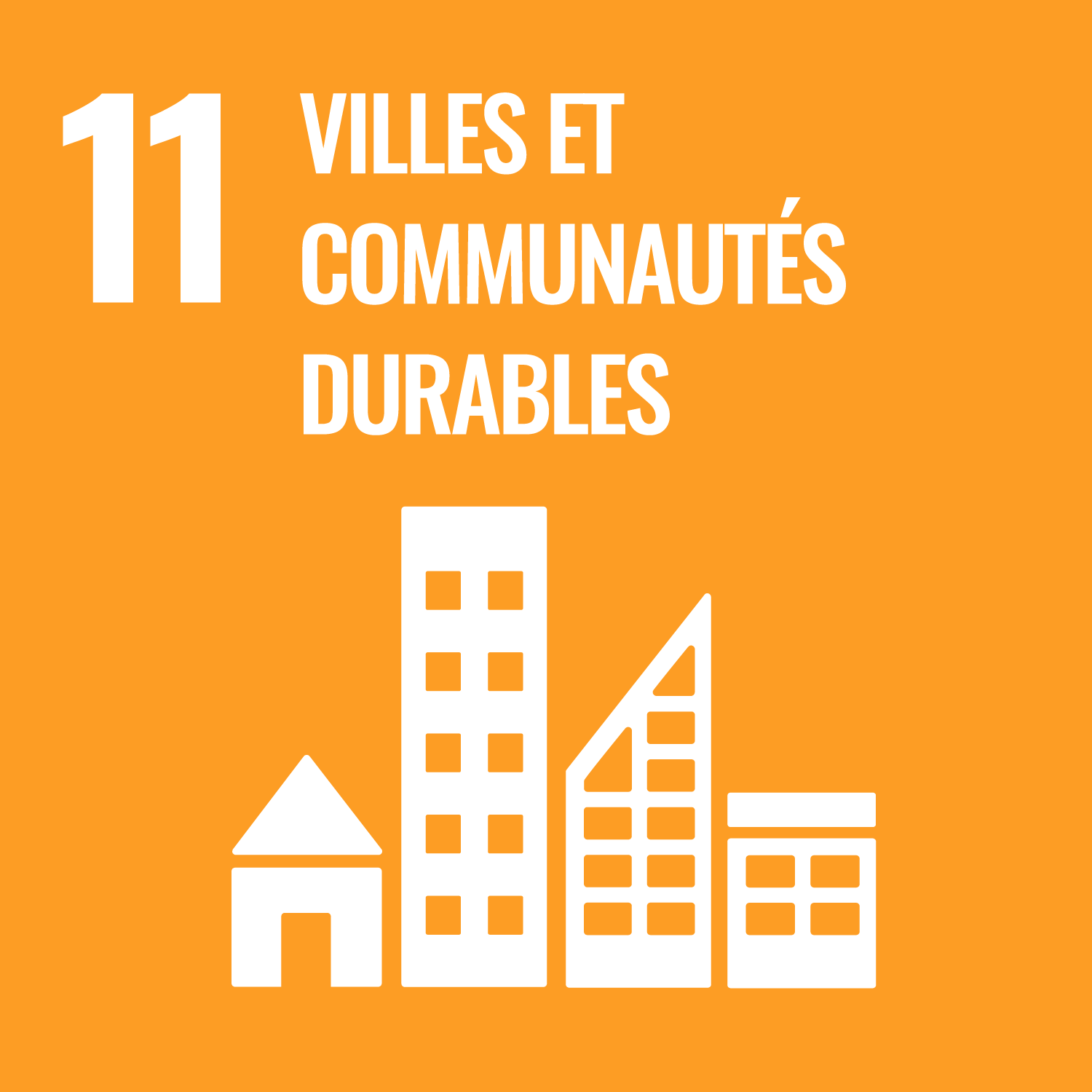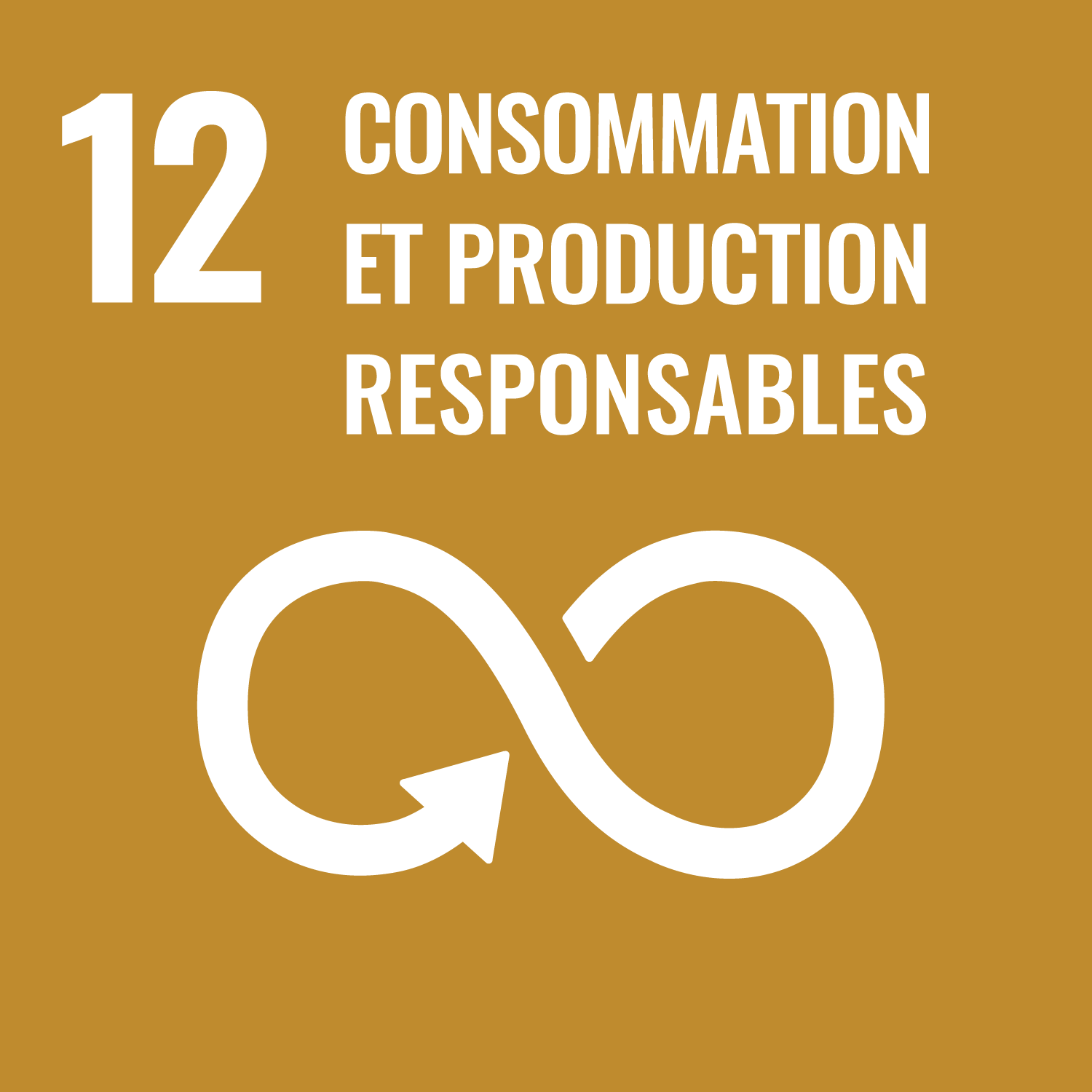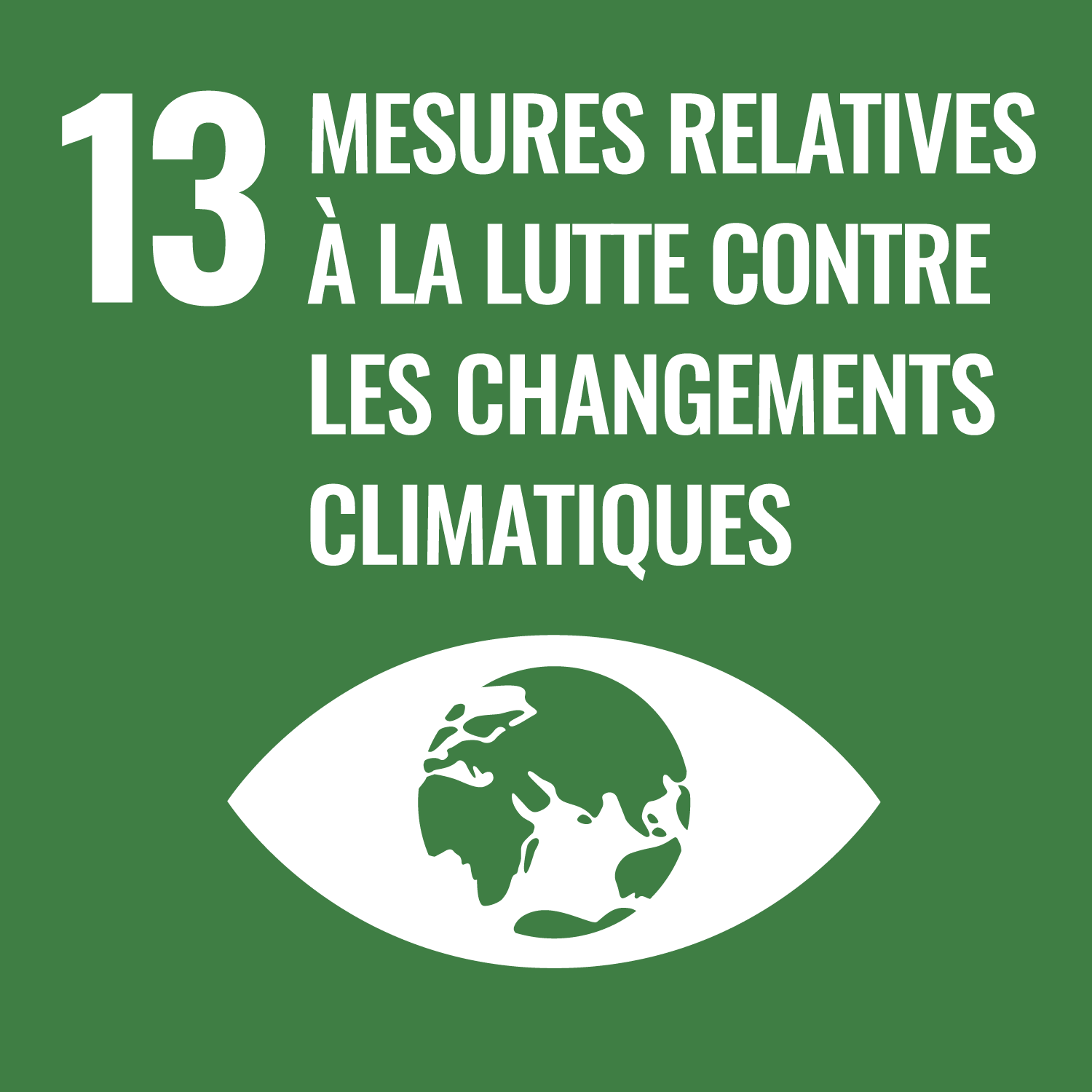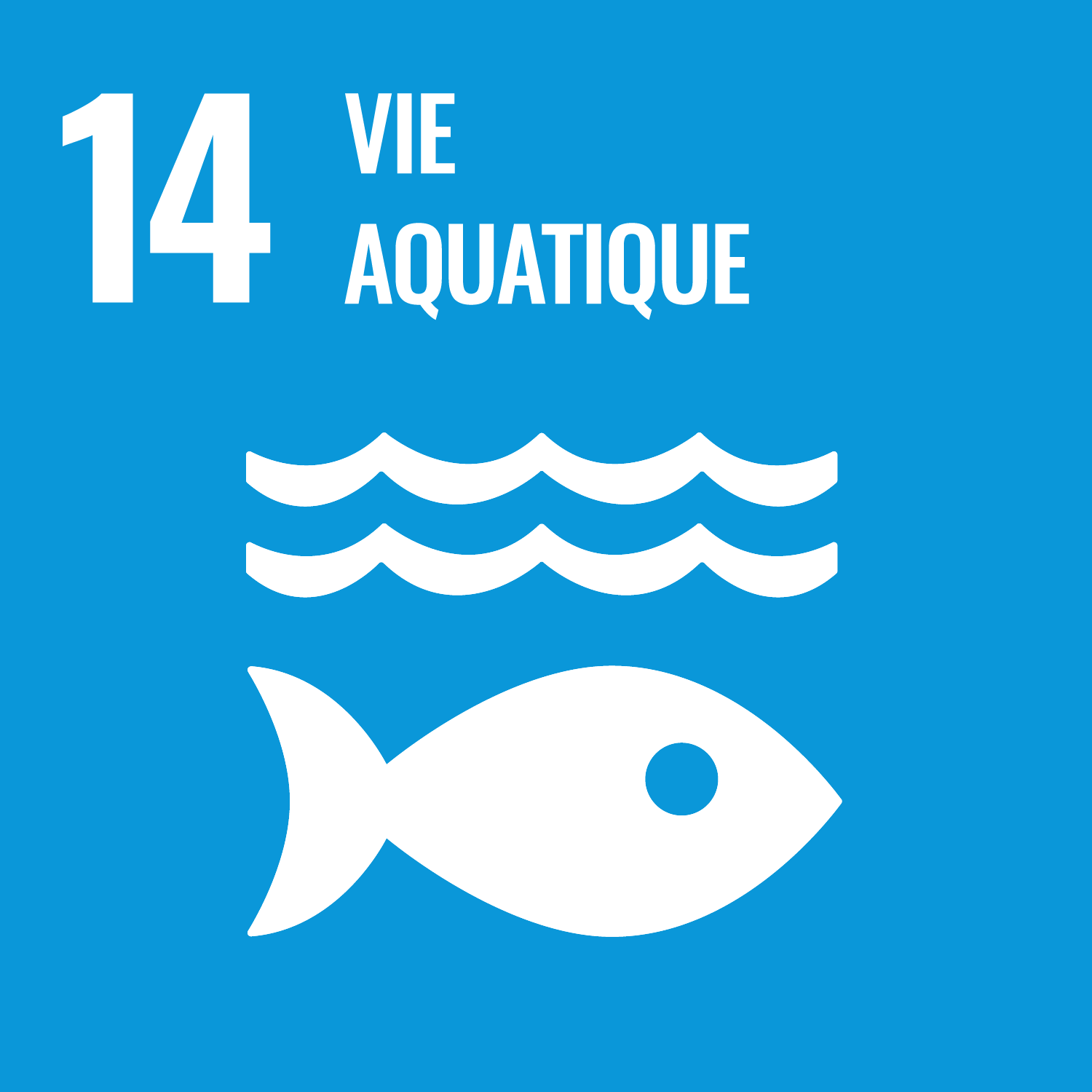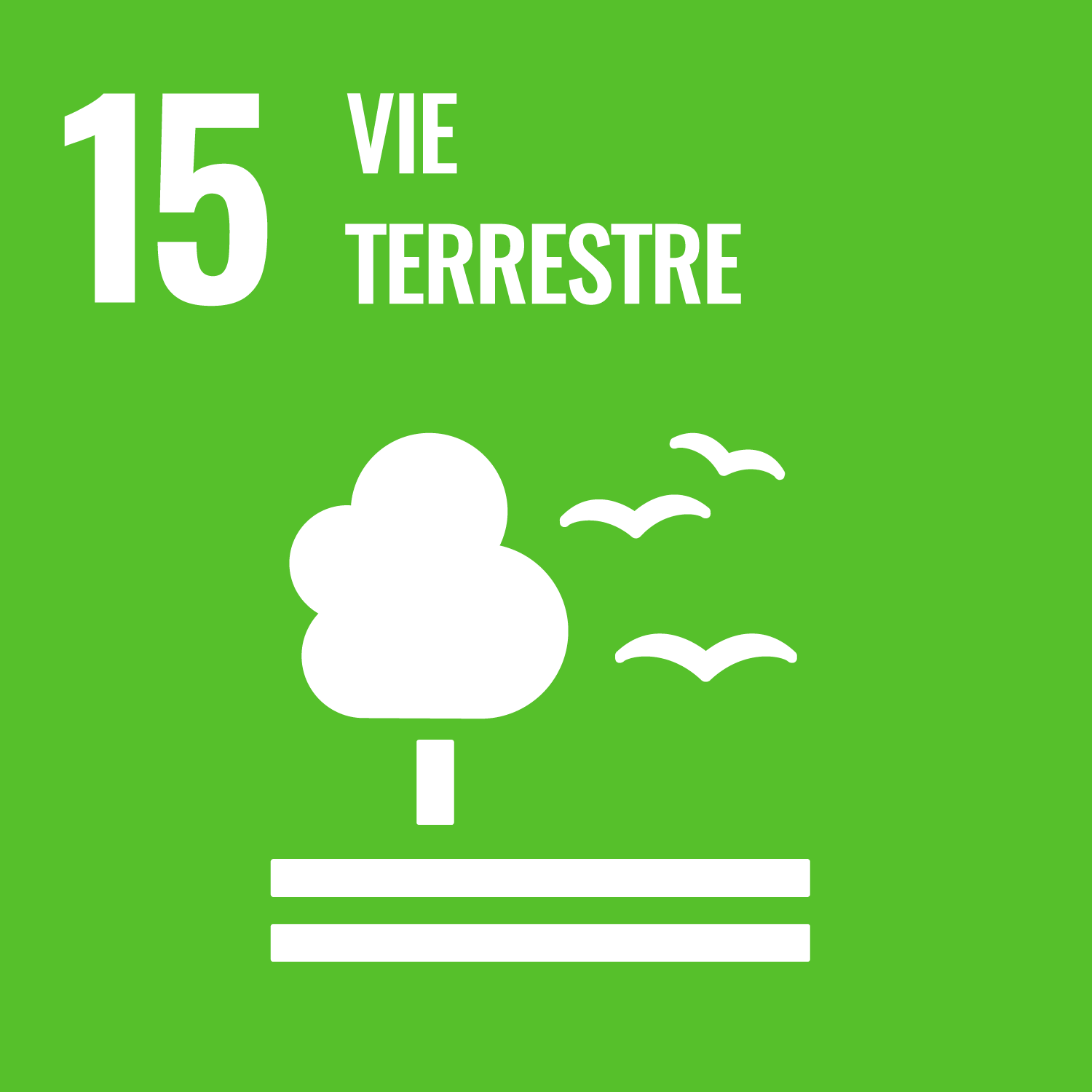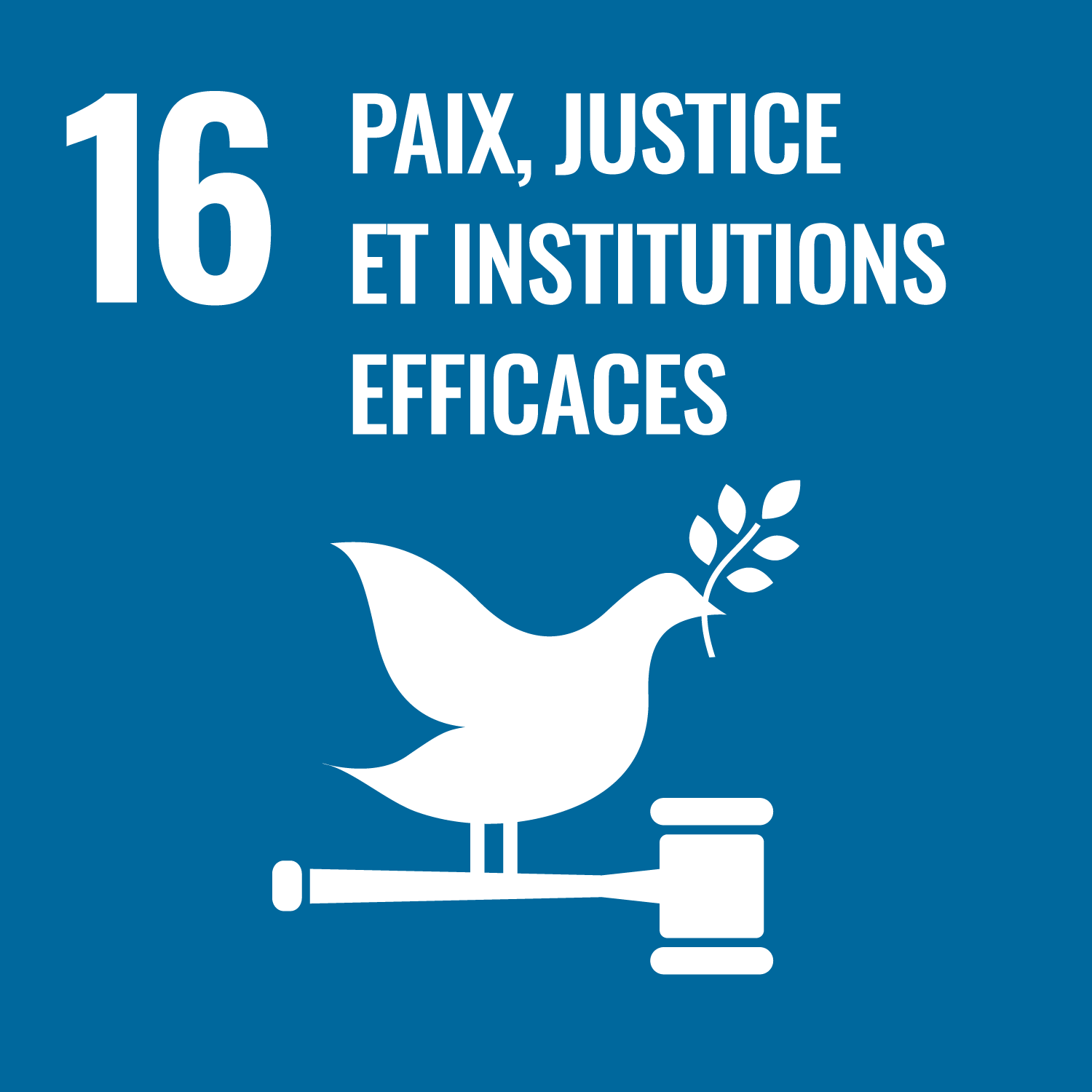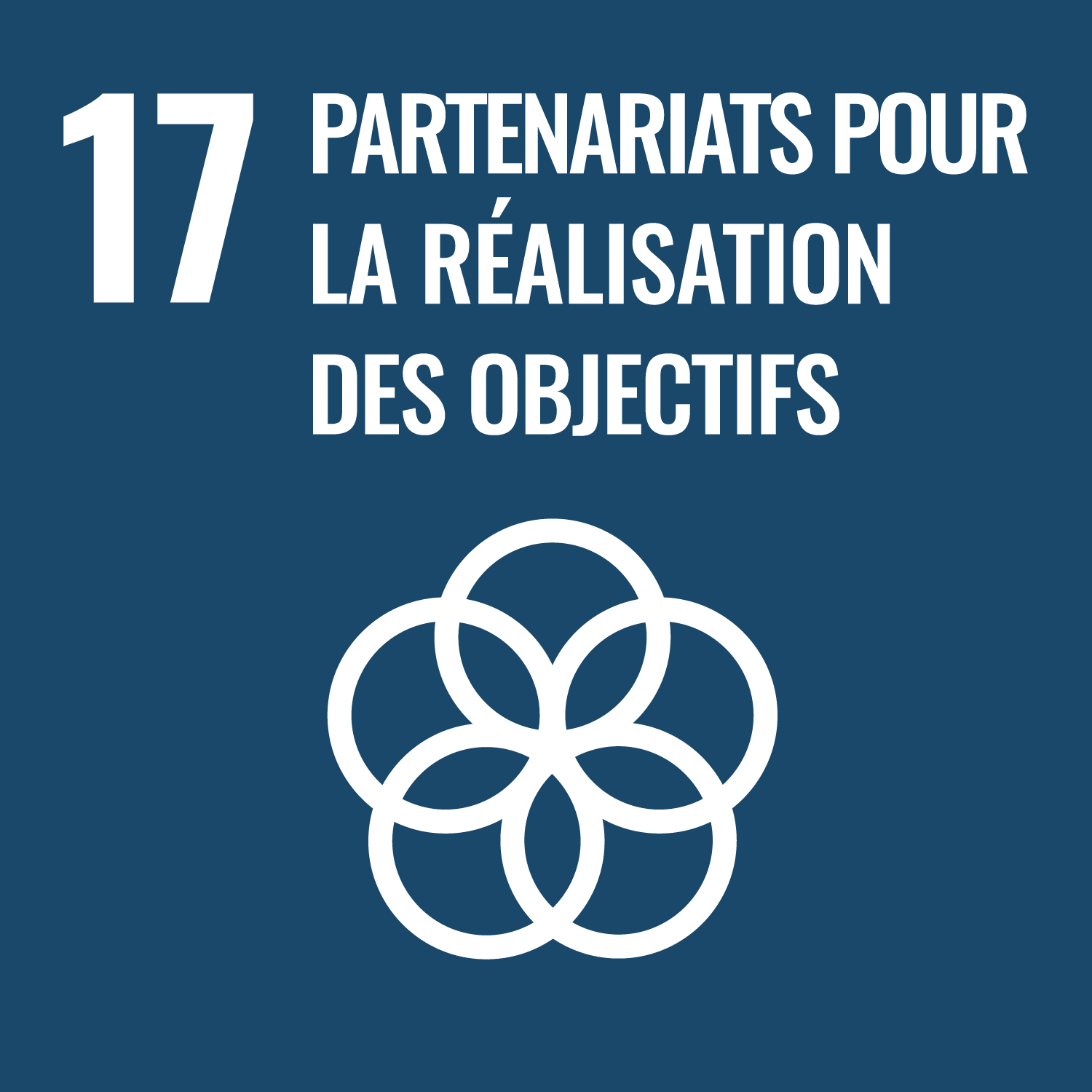Philippines
The United Nations Country Team in the Philippines, led by Resident Coordinator, Gustavo Gonzalez, is supporting the Government in strengthening data collection and monitoring systems at local levels to keep track of the impacts of the global crisis. The Philippines is a net importer of fertilizers, at 95%, and thus is highly dependent on international market conditions. The country requires an average of 2.6 million tons (MT) of various fertilizer grades annually. Fertilizer prices have tripled according to the Government, placing unprecedented stress on the agriculture sector and threatening productivity gains from major crops in the coming months. As recently as August 2022, the monthly average price of a 50 kilogram sack of fertilizer increased by half a percent from the previous month. Inflation has more than doubled from 3.0 per cent in January 2022 to 6.3 per cent in August 2022, due mainly to upward trends in food and transport indices. From January to August 2022, the price of fuel has gone up by 10 percent for gasoline, 62 percent for diesel, and 65 percent for kerosene. The UN’s food price monitoring conducted by the World Food Programme showed that 11 food items (brown sugar, fresh eggs, dressed chicken, cooking oil, fresh fish, onions, garlic, carrots, mango, calamansi, and papaya) increased while prices of 6 items (rice, pork meat, ampalaya, tomato, cabbage, and banana) decreased. Through a joint programme led by World Food Programme (WFP), The Food and Agriculture Organization (FAO), and the International Labour Organization (ILO) with funding of US$ 250,000 by the Joint Sustainable Development Goals (SDG) Fund applies lessons learned, leveraged from a completed US$ 1,960,000 funded joint programme, for shock-responsive social protection systems towards responding to food and energy price increases over the medium and long-term.
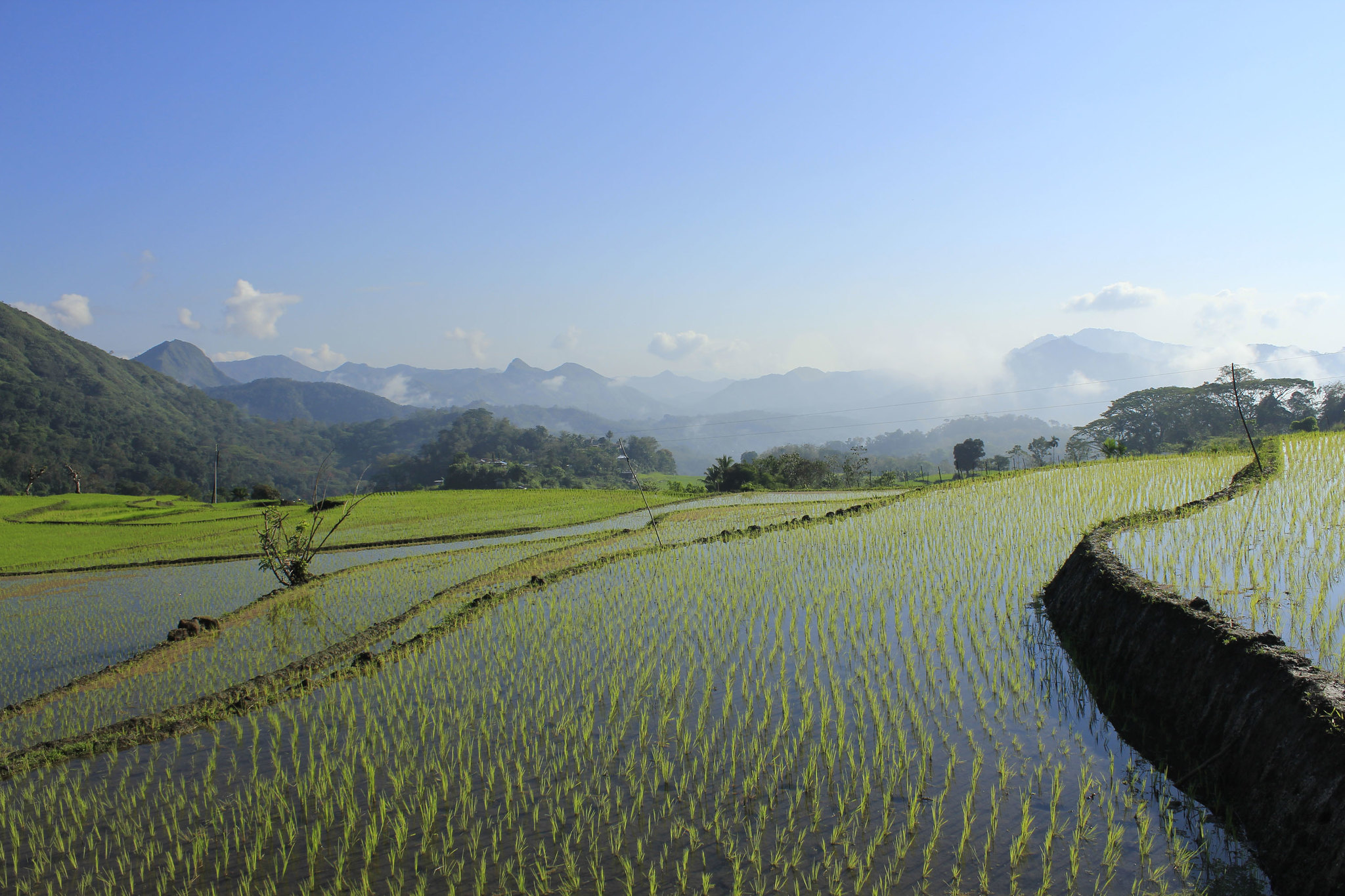
Senegal
In Senegal, the UN team led by Resident Coordinator Siaka Coulibaly, is boosting support to authorities there to tackle the effects of the surge in fuel prices and food prices at the local level - due to the ongoing conflict in Ukraine and the impacts of climate change. FAO, UN Women, and UNFPA are working with authorities to support producers affected by the changing rainfall and temperature patterns. This joint UN programme has benefitted over 14,000 food-insecure households in eight regions of Senegal. For its part, the WFP is providing meals for over 230,000 students in more than 1,200 rural public schools. Meanwhile, IFAD reached out to nearly 300,000 farmers from over 600 organizations to boost productivity and incomes with an initial funding of $25 million.
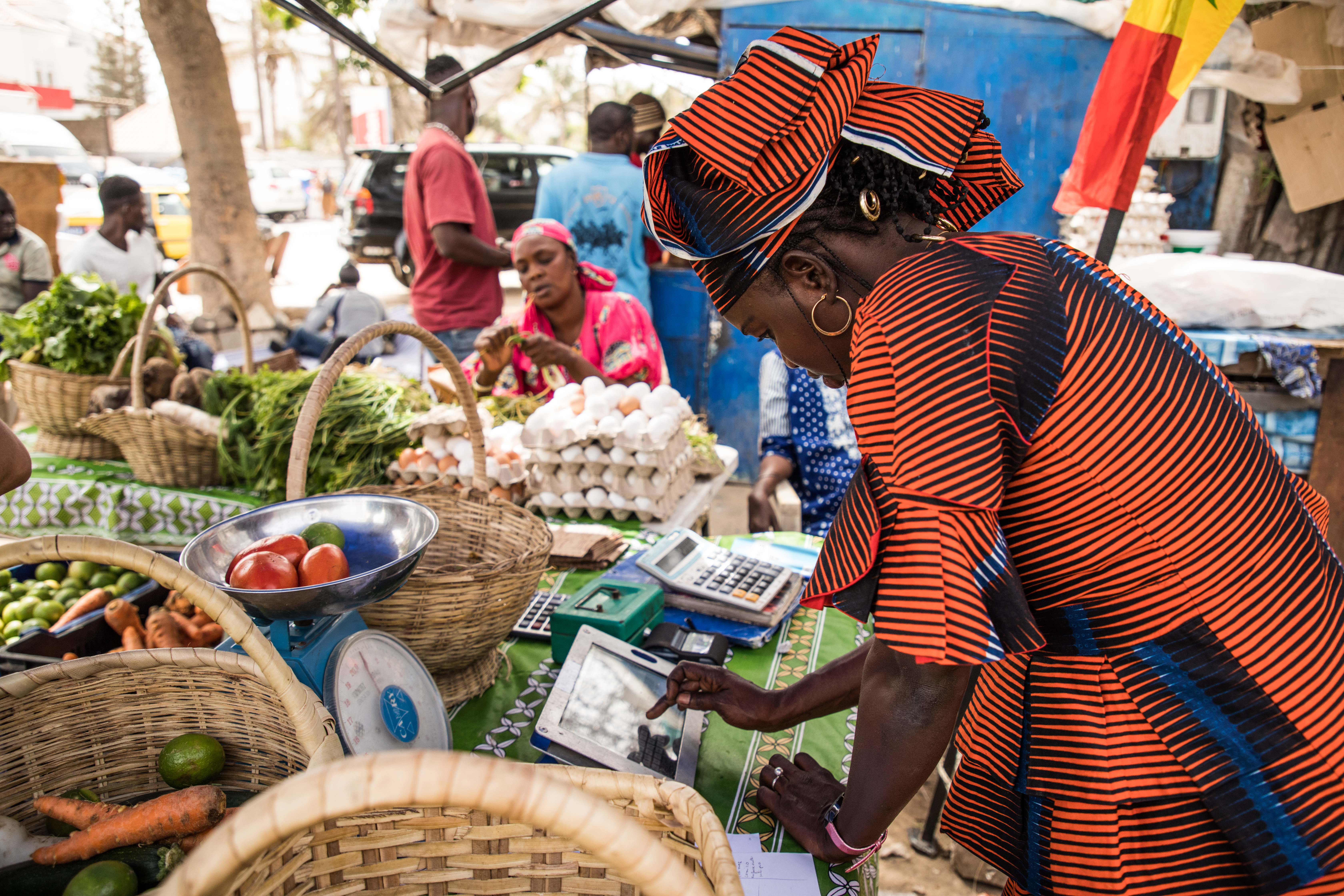
Mauritius and Seychelles
The UN team in Mauritius and Seychelles, led by Resident Coordinator Christine Umutoni, is ramping up its support to authorities to address the impacts of the rising costs of fertilisers. This is urgent for both countries, which are currently 100 per cent dependent on imported chemical fertilisers. We are helping with import substitution strategies that help the environment as well as local producers, including women. FAO, UNDP and UN Women are ready to use seaweed for the local production of bio-fertilisers in Mauritius. This project builds on a similar seaweed fertiliser production practice carried out in the Seychelles, bolstering aquaculture and hydroponics, also with the support of the United Nations team.
